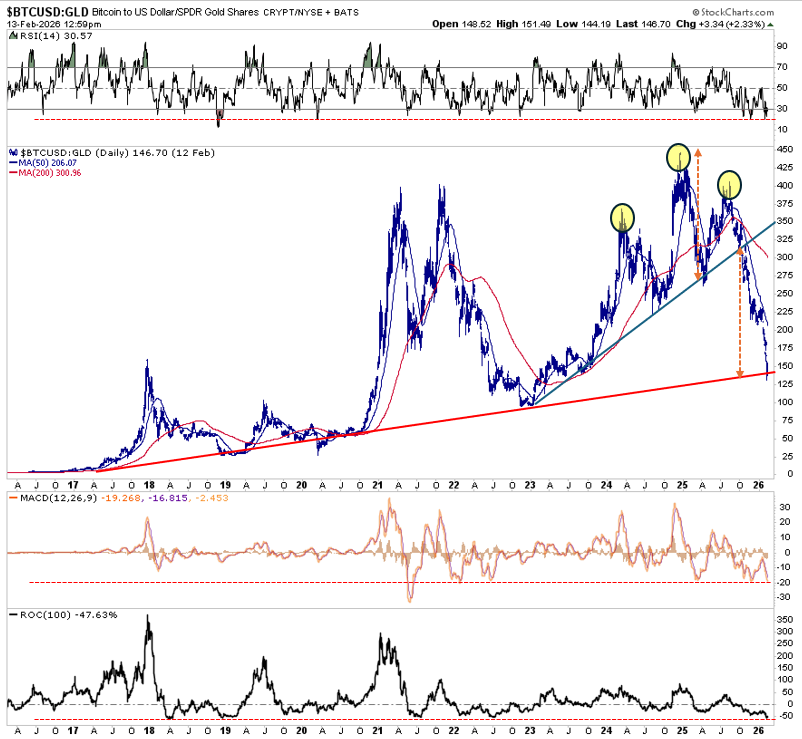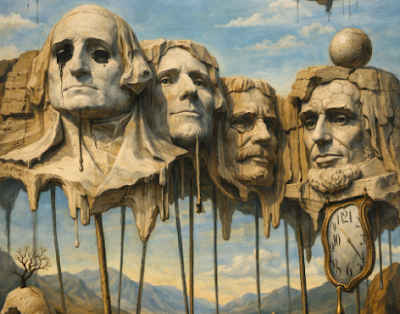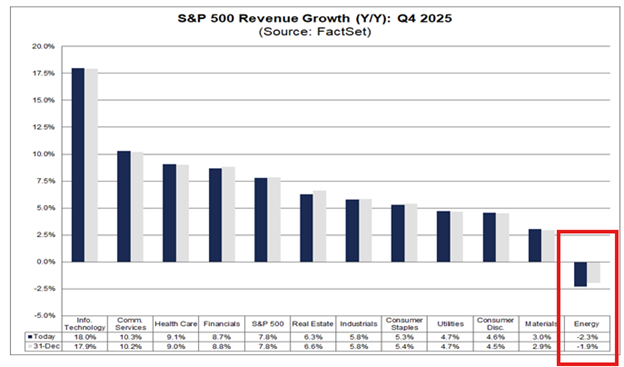 Systemic debt and deficit spending are intrinsic features of today’s economic system. Unlike classical economics, where markets play the leading role and governments the supporting one, the existing economic model, driven by Keynesian theory, has inverted the roles. Keynesian economics, like other statist economic theories, is distrustful of (free) markets, thus making the state, an inherently bureaucratic and coercive institution, the captain of economic and social life.
Systemic debt and deficit spending are intrinsic features of today’s economic system. Unlike classical economics, where markets play the leading role and governments the supporting one, the existing economic model, driven by Keynesian theory, has inverted the roles. Keynesian economics, like other statist economic theories, is distrustful of (free) markets, thus making the state, an inherently bureaucratic and coercive institution, the captain of economic and social life.
African countries emerged as “independent” nation-states in this context of state-centered economic thinking and a debt-based fiat monetary system. Consequently, African politicians chose state-led economic development (and maintain this approach to date). However, after fifty years of that approach, Africa is in a very precarious economic situation. Still, Africa’s decision-makers are accumulating dangerously high debt levels to soldier on with the failed state-led development model. This is a recipe for disaster.
As discussed elsewhere, high inflation, high debt, and high taxation constitute a triple-barreled gun that is destroying African economies. This article takes a closer look at the second barrel of this damaging weapon: government (i.e., public) debt.
Africa’s Detrimental Debt Buildup
Many African governments are repeating past mistakes of accumulating excessive debt. This is despite the fact that this approach has never transformed poor societies into prosperous ones anywhere in recorded history. Yet present politicians seem to believe this time is different and that debt-driven spending will finally lead to the long-awaited and much-discussed African economic development.
Alternatively, one could argue that African politicians know that excessive debt accumulation is an unsustainable and destructive approach but do not care because the money provides short-term relief that disproportionately benefits the few (i.e., themselves and their associates). At the same time, the resulting harmful consequences (e.g., heavier taxes, unemployment, and distress, among other hardships) are borne by the many.
The International Monetary Fund (IMF) has warned in its latest Regional Economic Outlook for sub-Saharan Africa that the pandemic has worsened most African countries’ fiscal situation, “pushing public debt to its highest level since the beginning of the century.” Needless to say, but worth noting, Africa’s debt problems precede the war in Ukraine and the covid-19 crisis.
Business Insider Africa compiled a list of the twenty African countries with the highest debt-to-GDP (gross domestic product) ratios. Here are the ten most indebted countries:
- Eritrea, 175.1 percent debt-to-GDP ratio
- Cabo Verde, 160.7 percent debt-to-GDP ratio
- Mozambique, 133.6 percent debt-to-GDP ratio
- Angola, 103.7 percent debt-to-GDP ratio
- Mauritius, 101 percent debt-to-GDP ratio
- Zambia, 101 percent debt-to-GDP ratio
- Republic of the Congo (Congo-Brazzaville), 85.4 percent debt-to-GDP ratio
- Ghana, 83.5 percent debt-to-GDP ratio
- The Gambia, 82.3 percent debt-to-GDP ratio
- Seychelles, 81.9 percent
The situation is not so different in North Africa. Debt levels have also been rising, with Egypt leading the pack with a debt-to-GDP ratio above 90 percent, followed by Tunisia with 87 percent. Moreover, one cannot help but notice that the World Bank’s heavily indebted poor countries list is populated with African countries.
Africa’s current wave of debt buildup may well be an economic tsunami in the making. This is baffling because it should be clear by now that systemic debt and government spending will not create free and prosperous African societies. So, why do politicians insist on this ruinous model even as living costs are significantly rising, food insecurity is worsening across the continent, and the overall economic situation is deteriorating further?
In short, self-interest—but, of course, sugarcoated in public interest rhetoric. Politicians, not just in Africa, tend to prioritize their interests and agendas, so they gravitate toward the policies that best serve their interests. Whether fueled by debt, heavier taxes, or money printing, government spending serves politicians and their associates very well. It enhances government power and control over people’s lives. It also props up established big business interests.
In his article “A Time for Reckoning,” economist Antony Davies pointed out:
Politicians discovered that they could win elections by paying off voters with other people’s money. And so modern elections have become contests in which politicians vie with each other to offer “free” stuff to their constituents. “Free” phones, housing, healthcare, and education are free only to the recipients. Politicians simply force others to pay the bill.
Ultimately Africa’s politicians undermine their economies and the continent’s economic development by insisting on systemic debt and the state-led development approach.
A Destructive Model, Indeed
It is worth reiterating in more detail the nine ways in which debt-fueled government spending cripples African economies and makes poverty worse:
- Debt-driven government spending enables politicians to insist on the state-led development approach, which has patently failed to generate economic prosperity.
- By perpetuating state-led economic development, systemic debt also perpetuates the tyranny, dependency, poverty, corruption, and deindustrialization that come with it. (As an example, in the 1960s and 1970s, Africa fed herself and was a net food exporter. Today’s Africa is almost entirely dependent on imports to feed herself.) By making poverty worse and sustaining authoritarian regimes, systemic debt cements economic repression and hence further delays the promarket and free trade reforms (such as the African Continental Free Trade Area) that Africa urgently needs to truly develop and be able to weather looming global economic storms.
- Because it makes poverty worse, sustains dictatorial governments (a hallmark of postcolonial Africa), cements economic repression, and delays reform, systemic debt is a mechanism of oppression, injustice, and human rights violations.
- Debt repayments further cripple already crippled economies by diverting increasingly significant portions of government revenue to debt servicing. (Worse still, African countries pay much higher interest rates [5 to 16 percent] on their Eurobonds than developed countries, which, thanks to their central banks’ artificially ultralow interest rates, tend to pay near zero interest on their debt.)
- The more the government gets into debt to deficit spend, the more unsustainable and harmful the arrangement becomes, and the more revenue the state will need to collect to service increasing debt levels. This means a more oppressive tax burden in the future. And high taxes are one of the main impediments to economic development. Less development means more poverty, which means more human suffering and more poverty-related deaths.
- Like government spending everywhere, African governments’ spending tends to be mired in corruption, cronyism, embezzlement, rent seeking, overbilling, and wastefulness. There are numerous examples, but consider the case of Kenya’s infamous “railroad to nowhere” or how cash from Chinese loans was siphoned in the Democratic Republic of Congo. Furthermore, this system tends to attract and breed unscrupulous politicians who stay in office by making fairy-tale electoral promises (i.e., free this, free that) on the back of debt-fueled government spending, as well as special interest groups and other economic opportunists seeking to get rich on government spending, favors, and privileges. All of which leads to further debt to keep the spending binge going.
- Systemic debt also exacerbates income and wealth disparities, as ruling elites and their associates (e.g., large businesses and other interest groups) benefit first and more from such money injections through various schemes. As George Ayittey noted, “The richest persons in Africa are heads of state, governors, and ministers. So every ‘educated’ African who wants to be rich—and there is nothing wrong with wanting to be rich—heads straight into government or politics.”
- Moreover, systemic debt leads to a situation where people, their children, and even the unborn will have to be taxed to pay for today’s largely wasteful and counterproductive government spending. Such is the morally bankrupt and insidiously ruinous nature of this arrangement.
- On top of all that, add the fact that systemic debt is used as an instrument to trap African countries in poverty and vassalage, primarily by the West but nowadays by others too.
In Closing
Some African countries might be sleepwalking toward a Sri Lanka–style stagflationary crisis or some other type of economic ruination if the current cocktail of economic policies drags on. Indeed, by insisting on debt-fueled spending and the state-led development approach in times of crises, and despite today’s very precarious economic situation, Africa’s governments further hurt their economies, maintain the economic repression, keep their countries dependent on aid, impoverish their people, and weaken economic fundamentals, thereby leaving their economies even more vulnerable to external shocks.
Full story here Are you the author? Previous post See more for Next postTags: Featured,newsletter































